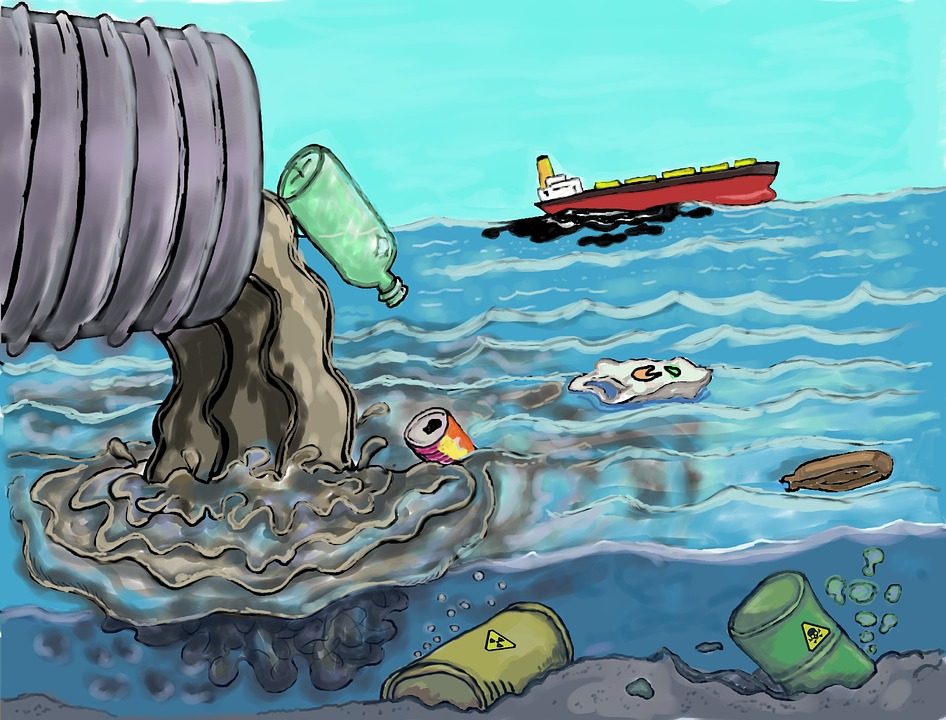Can we Overcome Contamination in Recycling and Waste Management in Toronto – We say Yes!
 The fight against recycling contamination is going to be a difficult battle to win. After all, different municipalities in Canada come with different recycling rules. Newcomers to the city, either from other areas of Canada or from abroad, are usually not educated in what’s expected of them living in Toronto. Even some Torontonians are not clear on what’s recyclable and what isn’t. The result of these variables is recycling being contaminated.
The fight against recycling contamination is going to be a difficult battle to win. After all, different municipalities in Canada come with different recycling rules. Newcomers to the city, either from other areas of Canada or from abroad, are usually not educated in what’s expected of them living in Toronto. Even some Torontonians are not clear on what’s recyclable and what isn’t. The result of these variables is recycling being contaminated.
Years ago, recycling involved spreading out simple materials like paper, aluminum and plastics into individual material streams. Recycling these materials was far easier as there was no cross-contamination and rarely would someone dump other products inside. For the last two decades, the recycling industry has changed predominantly to ‘single-stream’ which puts all recyclables into a single bin. Establishing single-stream recycling stream boosted participation significantly to the point now where recycling is at its highest levels.
The difficulty with this rise of single-stream recycling is that it opens the door for people to be a lot less thoughtful with what they’re putting in. A product we might expect to be recycled is not necessarily recyclable. As products and packaging diversified in the last few decades, this led to a rise in new materials or variations on materials that do not qualify for recycling. Now, we face a landscape where there’s inclusion of plastic bags, organic matter, wires, and low-grade plastics – all of which will contaminate recycling material. Contamination rates have subsequently risen steadily.
The average contamination rate in Canadian communities sits at 25 percent. That’s how much recycling materials are having to be thrown out, creating stress on existing recycling infrastructure and frustrations among waste management professionals. There are two big problems that contamination has on recycling. First, it increases the cost of processing. This puts the financial health of a recycling program at risk. Second, it impacts the quality of recyclables that are enter the marketplace. For example, organic matter than destroy paper and cardboard, effectively turning recycling materials into trash.
The lower the contamination rate, the more financially rewarding recycling will get. There’s a role for all of us to play to limiting contamination. As a major Toronto recycling and waste management company, we’ve taken the time to educate ourselves to ensure we’re making the most from our materials. So many Torontonians have done the same.
Numerous other stakeholders are playing a role in tackling contamination in recycling, including building new infrastructure and recycling facilities, developing new markets and expanding existing markets for recycled products, seeking new ways to improve sorting to get contaminants, out, and to finance public education to advise consumers on how to recycle In Toronto.
Having spoken with hundreds of small businesses across Toronto, we know they want to find better ways to recycle as well. For some, this involves cutting down their recycling to some basic rules – recycling all empty bottles, cans, paper, and cardboard; ensuring food and liquid is kept out of recycling; and keeping plastic bags out of recycling.
At Core Mini Bins, we strongly believe Toronto can achieve a far lower contamination rate in its recycling. As more of us invest in working together, we know we can overcome contamination in recycling. For more information on how to make your recycling for environmentally and economically sustainable, please speak with a representative today.


